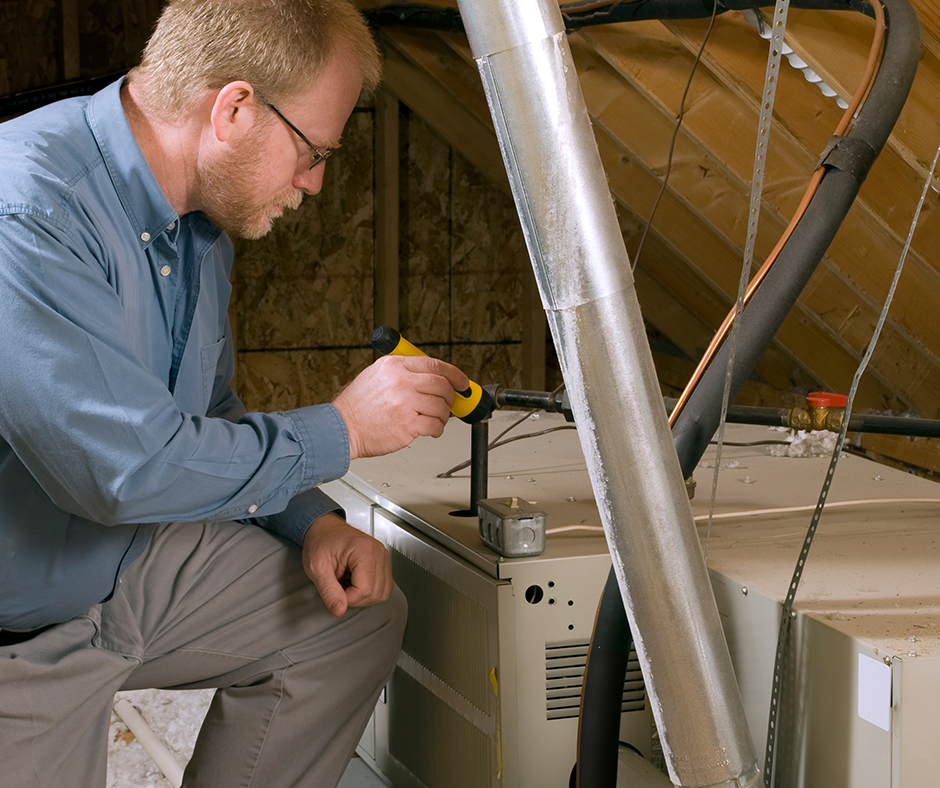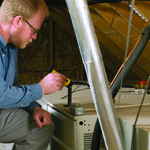You’re on the hunt for a new home. Know the difference between a home warranty and homeowner’s insurance and the steps you can take to ensure you’re covered when finalizing your purchase.
It’s important to note that a home warranty and home insurance are not interchangeable. A home warranty, typically a 12-month contract purchased from an accredited company, acts as a safety net against malfunctions due to normal wear and tear of the appliances and maintenance systems in the home. This includes major systems like HVAC, water heater, plumbing, electrical and major appliances. Our recommended local company, TMI Warranty, L.L.C., offers homebuyers a reassuring peace of mind that these systems will remain in working order after the homebuyer takes possession.
A homeowner’s insurance policy is a 12-month policy purchased from a reputable insurance company, like Mel Foster Insurance, that protects the home’s value and covers losses or damages caused by unexpected events like fire, flood, theft or storm damage. Most lenders require home insurance when you take out a mortgage. While you’re not legally required to purchase a homeowner’s policy when buying a home, you will likely still have to buy some policy to safeguard your belongings.
According to Consumer Affairs, home warranties are paid monthly at between $40 and $60, while the average cost of an annual home warranty is $450 to $600 per year, depending on the provider and level of coverage. This financial aspect is crucial to consider when planning your home purchase. If you’re purchasing a new construction home or one built recently, a home warranty may not be necessary since your major systems should be in good shape.
Shifts in the housing market have given homebuyers more power. Today, there is a better balance and opportunities for mutual concessions during home-buying. Buyers knowledgeable about home warranties may ask that a home warranty be included in the final sale. This can serve as powerful leverage during negotiations, empowering the buyer.
Find more buying tips for homeowners.


